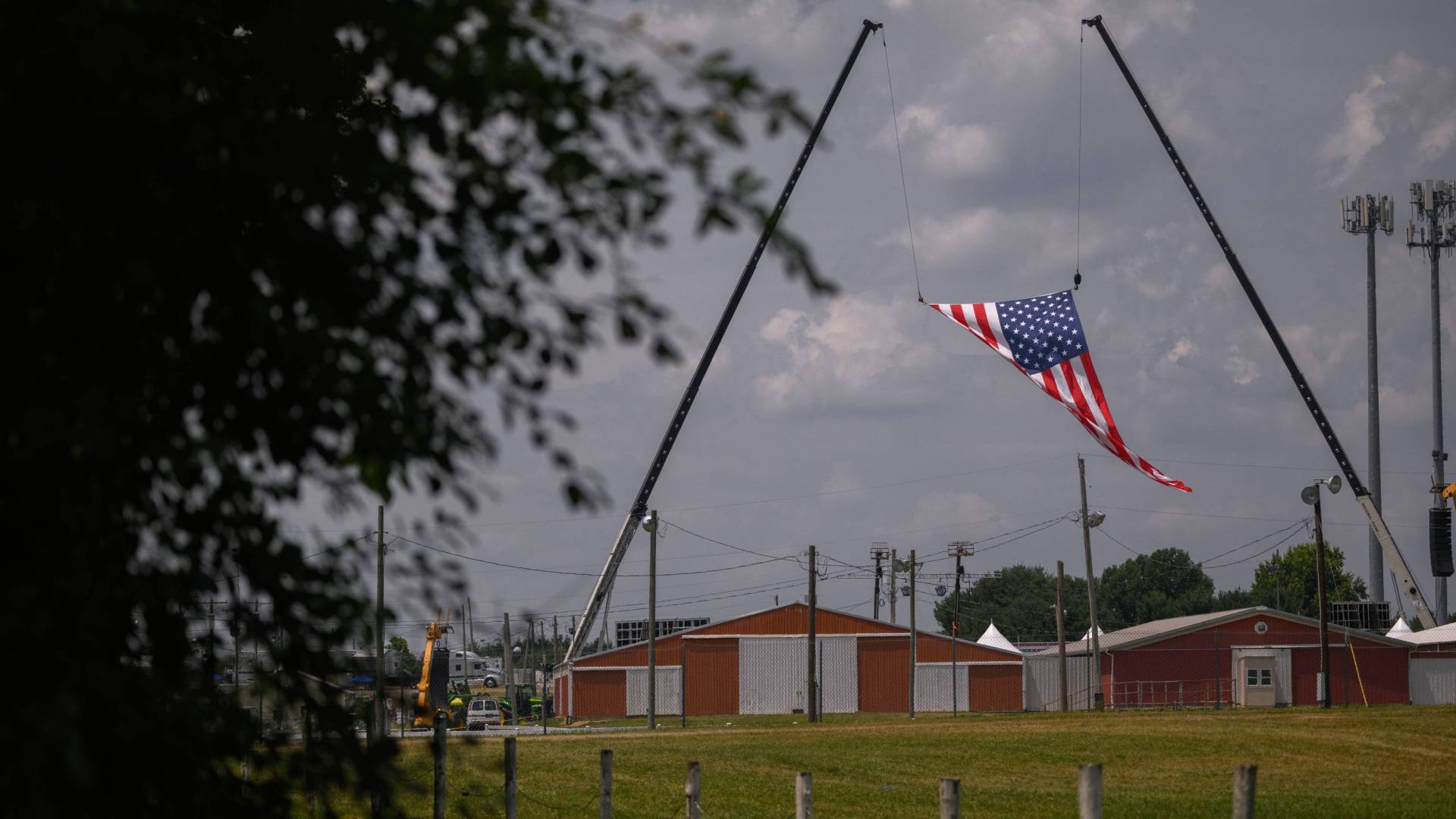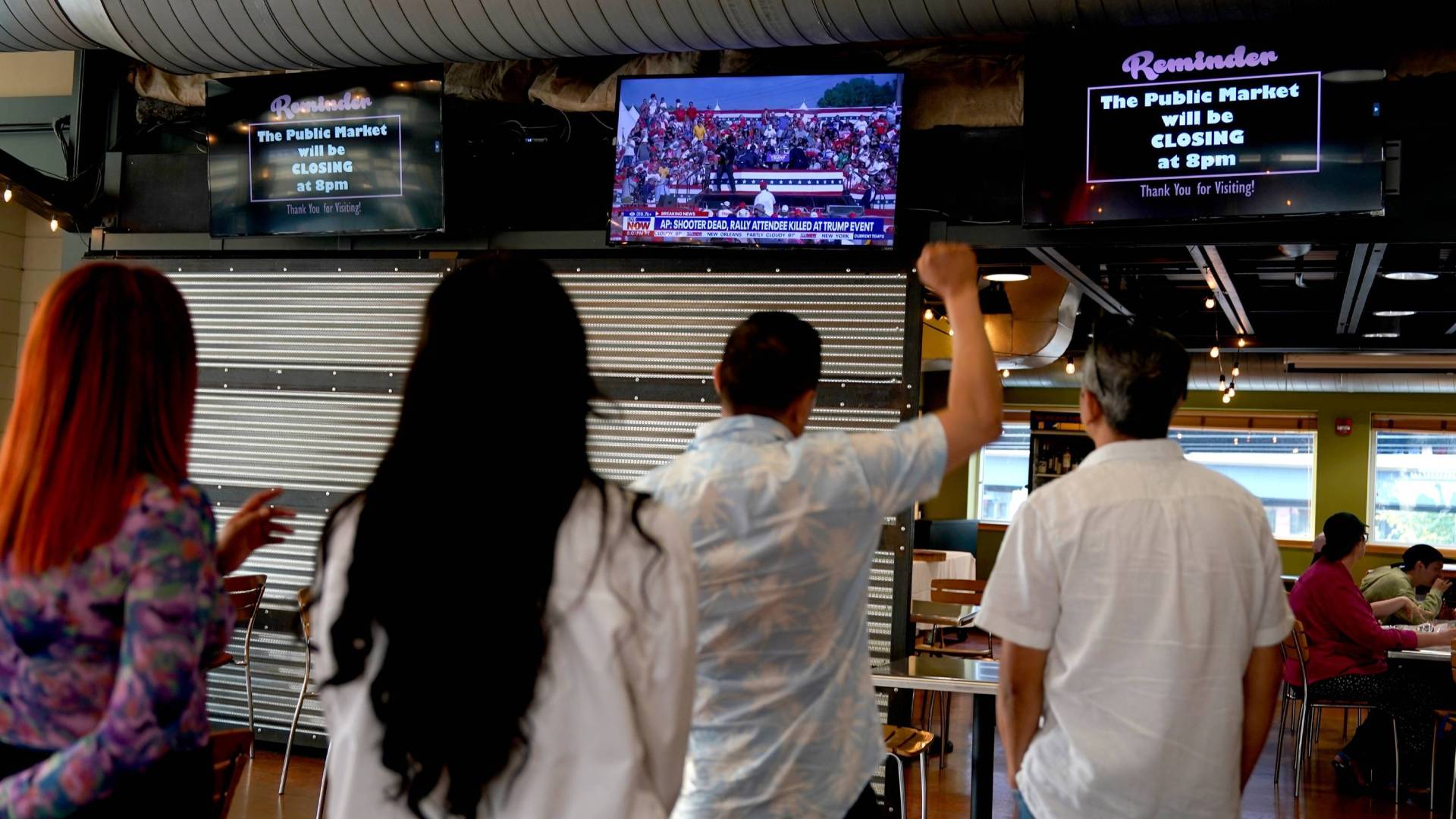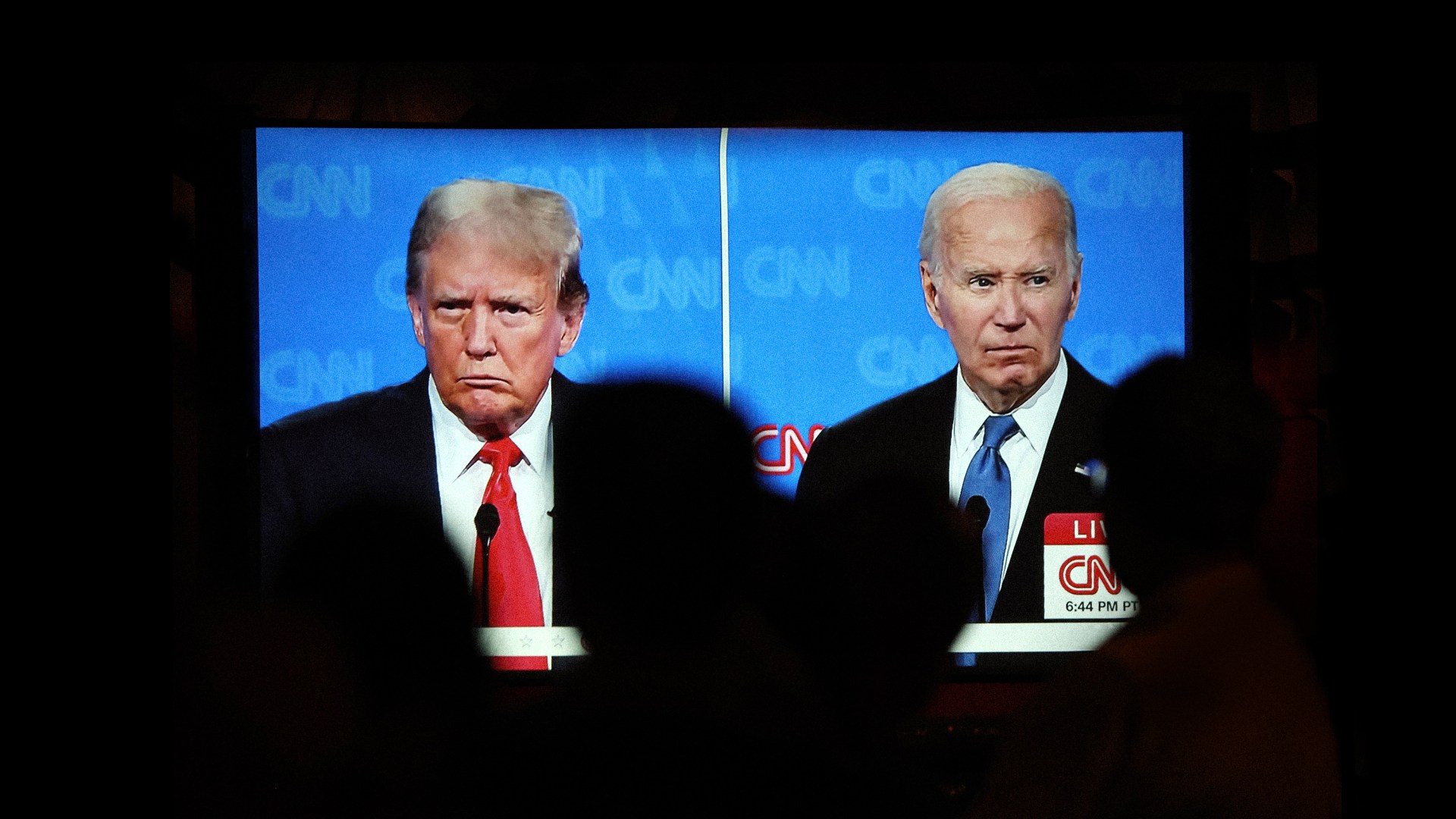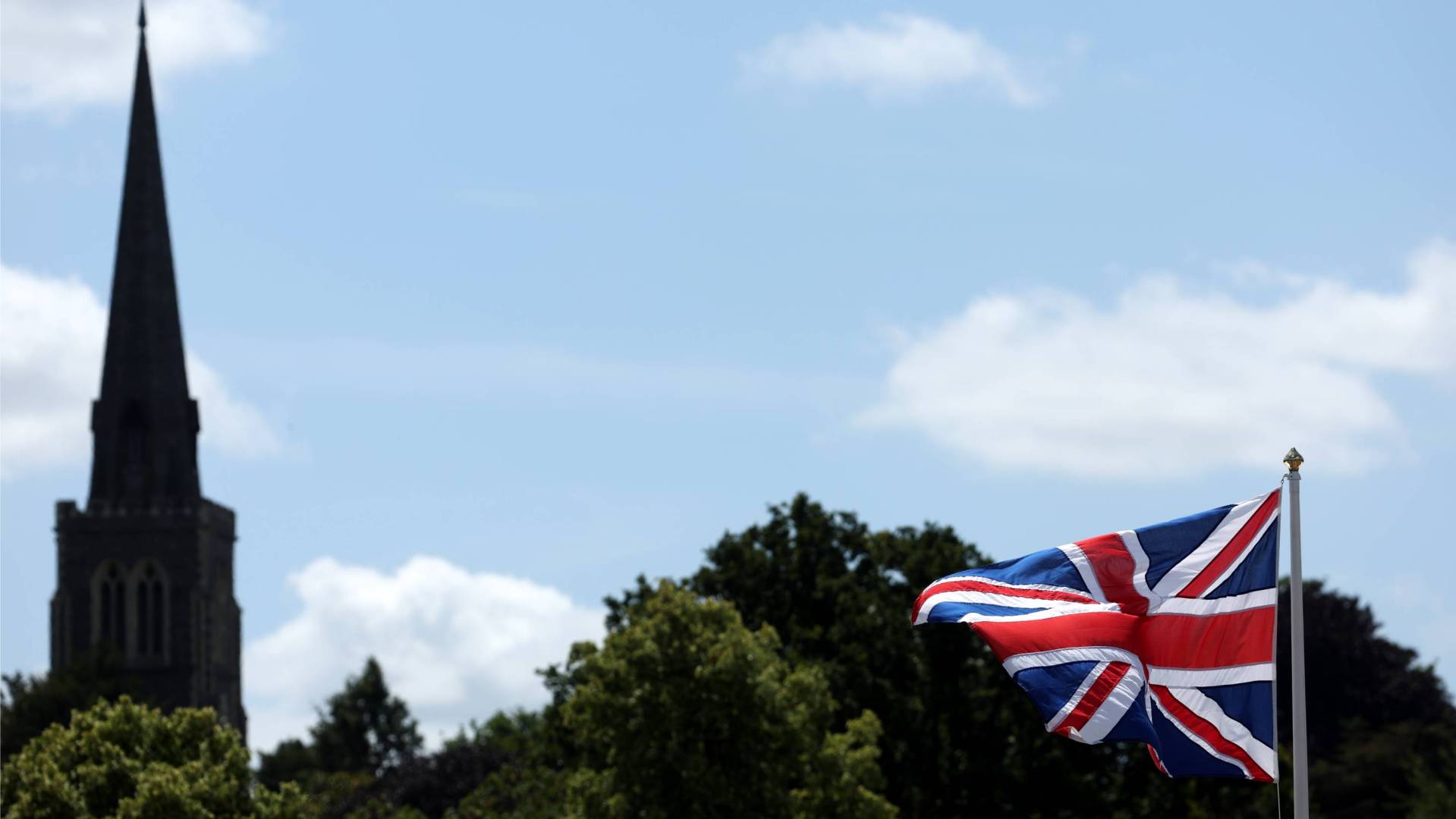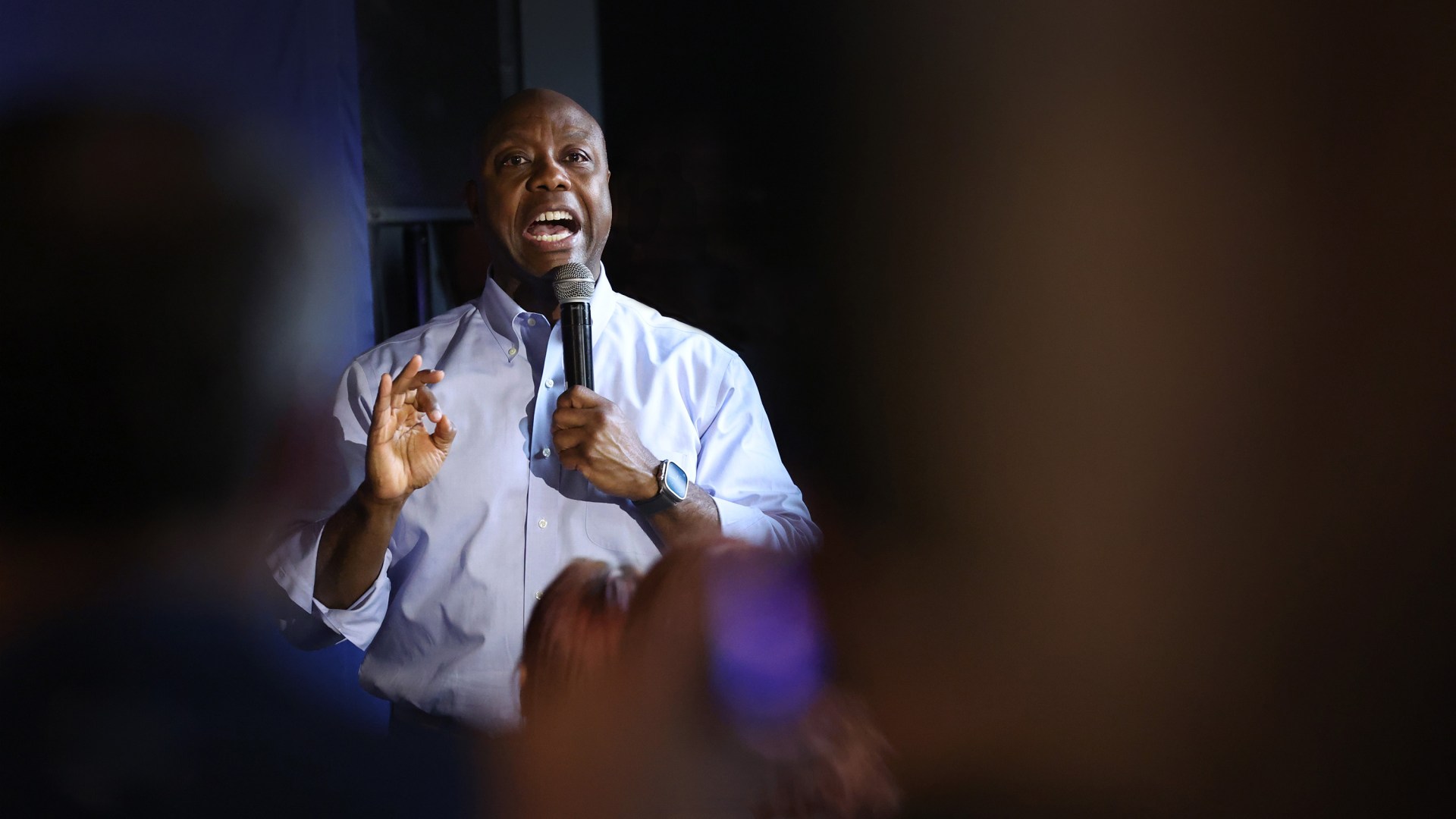In just over two years, El Salvador’s government has sent 80,000 people to prison. With over 111,000 people incarcerated, the country has the world’s highest proportion of people behind bars—one inmate for every 56 people.
The current situation stems from a zero-tolerance policy toward the gangs that once proliferated in the country. Salvadoran gangs are considered transnational crime organizations responsible for taking murder rates to levels only seen during the 1979–1992 civil war.
In March 2022, President Nayib Bukele decreed a régimen de excepción (state of exception), which suspends a significant number of civil rights and makes it easier to arrest and prosecute suspected gang members. Though the administration initially promised the decree would last for a month, it has since been renewed 27 times by the Salvadoran congress, lasting nearly two and a half years.
El Salvador has never had a significant prison ministry presence. But for those few that have worked in prisons, the régimen de excepción has both presented an opportunity and revealed a set of problems.
On one hand, leaders say, there’s a real chance for a substantial number of inmates to turn their lives around through the gospel. “Most of them know they need a physical transformation. Evangelism may show them they need a spiritual transformation too,” said Raúl Orellana, a regional ministry leader who has served in El Salvador’s prisons since 2008.
On the other hand, for a variety of reasons, few Christians have shown interest in prison ministry, work that has only become more difficult as the government has increased restrictions on civilian visits in prison.
All of El Salvador’s detention centers in the country, except the maximum security penitentiary, have historically been open to ministers. “The government is very open to evangelical Christian churches that want to preach in prisons,” said Orellana—but the recent strong-arm policy against the gangs has also toughened access for churches and pastors.
A dozen or so years ago, pastors could spend evenings sitting side by side with inmates, counseling them and sharing the gospel. When he visited the prison then, Orellena recalled, he knew about the availability of drugs and electronic devices for inmates, and sometimes saw questionable visitors.
Now, greater government oversight of prisons has increased restrictions on evangelizing to the incarcerated. Many prisons have banned face-to-face interactions between pastors and inmates. Instead, pastors can only speak to groups for a maximum of one hour.
“I understand the authorities’ perspective,” said Orellena. “The inmates had total control and it shouldn’t have been like that. Today, the authorities are in control.”
Prior to 2022, in some prisons, several ministries came to preach every week. Today, prison authorities allow Christian groups to enter once a week on a set schedule, with some exceptions for evangelistic events. For example, for Mother’s Day this year, Kenton Moody, an American missionary who leads Vida Libre, a rehabilitation center for juvenile offenders, threw a big party in the Santa Ana women’s prison.
The ministry provided sodas, pan dulce, and Bibles for 10,000 people. Though authorities only allowed 2,800 women to attend, by the end of the service, 295 raised their hands in answer to a conversion call.
Troubles with gangs and government
Although leaders like Orellena and Moody say they have seen God at work in Salvadoran prisons, many Christians they meet are reluctant to participate in prison ministry, afraid of encountering dangerous criminals. For years, large parts of the country lived under violence and bloodshed caused by gangs like Mara Salvatrucha (MS-13) and Barrio 18 (known also as 18).
Historically, the country has had one of the highest homicide rates in the world; at its peak in 1995, there were 139 murders for every 100,000 inhabitants. Since the beginning of the 2000s, MS-13 and 18 have fought a long-lasting territorial battle with a massive death toll. In 2015, the gangs decreed a ban on all bus routes in the capital, San Salvador, and on the first day of the ban, five bus drivers were killed. In 2016, some estimated that the groups had extorted about 70 percent of all businesses in the country, and the extortion rates were so high that they ultimately led to an increase in consumer prices.
Official numbers show a 70 percent decrease in the murder rate in 2023 in comparison to 2022, as a result of changes in the law and the application of the régimen de excepción. The government has edited the legal code to formally equate terrorism with local criminal associations, and a new law has criminalized tattoos, street graffiti, and any other mark that resembles gang symbols.
But the decrease in homicide rates has also come with a cost. Human Rights Watch has described the changes as a “we can arrest anyone we want” policy that allows detentions based on the appearance and social background of detainees, anonymous calls, or even social media posts.
In this environment, nearly anyone with any relationship to a gang member is at risk of being arrested and sent to prison. That includes former gang members that have served time and returned to civilian life, some of whom have converted to Christianity. Even pastors who minister to current gang members may be seen as collaborators or gang sympathizers and are at risk of incarceration.
“My work with the inmates and former prisoners used to be dangerous because of the gangs. Now it’s dangerous because of the government,” said Moody. “They can throw us in prison at any moment for allegedly helping the gangs.”
Local churches are afraid to risk getting into trouble with both the gangs and the government if they do ministry in prison, he said. “The pastors tell us, ‘How wonderful it is what you are doing,’ and ‘God bless you’—but they don’t participate.”
The continuing work of witness
Throughout Central America, evangelicals have nearly outpaced Catholics in numerical growth. In El Salvador, almost a third (30.9%) of the population now identifies as evangelical.
The percentage of evangelicals is highest in the poorer strata of society—the very segments from which people join gangs and end up in the prison system, says Stephen Offutt, the author of Blood Entanglements: Evangelicals and Gangs in El Salvador.
Between 50 and 70 percent of the people in El Salvador’s prisons come from evangelical families. “I would dare to say that everyone who is in prison has heard of Jesus Christ,” says Orellana, but he adds that the number of true converts is probably small.
For gang members tired of violence, Christianity offers one pathway out.
“Gangs allow people to get out if they show a real conversion,” said Offutt. It’s not as simple as declaring oneself a Christian and being free. “Those gang members that allegedly convert to Christianity are kept under surveillance because there are also fake conversions and fake pastors who try to manipulate the gangs.”
Under the régimen de excepción, some genuinely converted gang members are being dragged back to prison, opening a door for evangelism to take place where the institutional church cannot go.
“A disciple in prison can bring the gospel to many others,” says Lucas Suriano, Latin America coordinator at Prison Alliance, a North Carolina–based ministry that creates discipleship programs and distributes Bibles and Christian literature to inmates around the world.
Although no one sees what happens inside prisons like the Centro de Confinamiento del Terrorismo, the maximum security detention center for 40,000 people that President Bukele opened last year, Offutt is certain that God continues to work there.
“Some years ago,” he recounts, “I had a pastor friend whose house was in the shadow of a prison in El Salvador. On Sunday evenings, we could hear Christian songs coming from the prison.”
“People are trying to witness to the gospel in the best ways available. They are finding ways to worship there—it’s inconceivable to me that it’s not happening.”
















